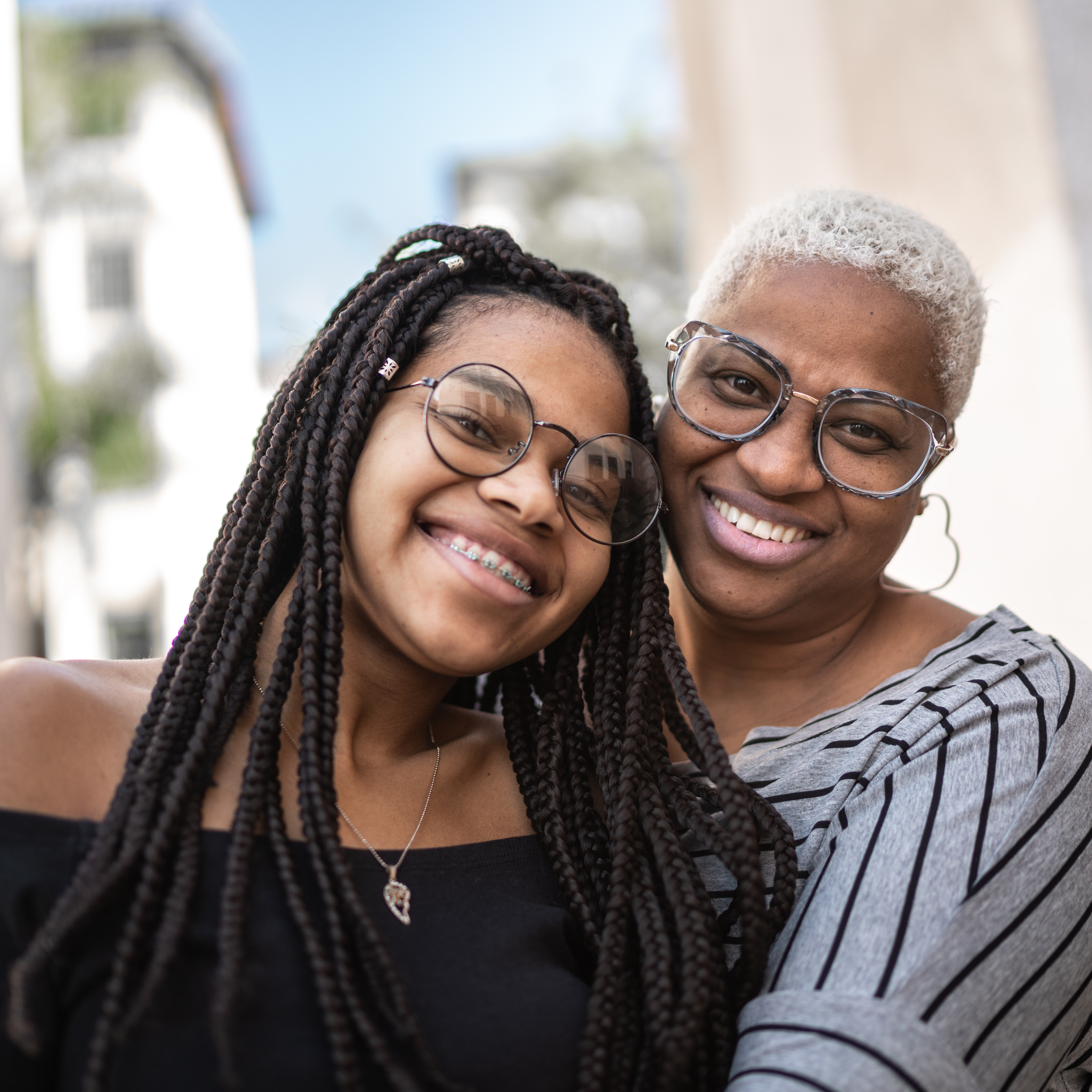My son, Robbie, died by suicide on October 11, 2018, and my life was changed forever.
Robbie was 15 years old, a sophomore in high school. He was a great student and was excelling in his pre-IB classes. Robbie was both a competitive swimmer and a tennis player. He had just finished his second season on the junior varsity tennis team at his high school.
Robbie appeared full of joy and had a great ability to make others laugh with his wit. Robbie was always looking out for others and putting them before himself.
We learned after Robbie’s death that Robbie was the one that other teens went to for support.
As Robbie’s mom, I did not know Robbie was struggling. I never asked him. I assumed because he was outwardly happy and successful that this reflected his feelings and emotions as well. I was wrong and now have the biggest regret in my life. Why didn’t I have a conversation with Robbie?
What would I do differently today if Robbie was alive is a question I ask myself a lot. I now know that suicide is a leading cause of death for teens in our state. Here is the way I answer that question I pose to myself:
I would ask Robbie if the way he presented himself to others matched how he felt about himself on the inside.
I would ask Robbie who is his trusted adult. I am sure I would assume it was me but the truth is it likely would not be, and I would accept that.
I would assure Robbie that it is okay if I am not his trusted adult but ask him to identify to himself which adult he would get involved if he was concerned for himself or a friend.
I would want Robbie to understand that trying to help a friend on your own at your age is just too much. We would talk about resources available in our area — walk-in centers, 1-800 numbers, school counselors, coaches… the list goes on.
I would want Robbie to know that he is always loved and his feelings are welcome.
I would let him know I may not know how to respond in conversations that are tough and may want to fix things because of my human nature. I would work on my listening skills —trying to listen twice as much as I talked so Robbie felt heard.
Kids want to be heard. We would talk about the warning signs of a mental illness/crisis. I would let my child know that mental health is just like physical health and that help is available — a conversation to remove the stigmas surrounding mental health.
I don’t have the opportunity to go back and do over anything with my son. We all know life does not work that way.
I would encourage you to have this important conversation with the youth in your life.
Let them know it’s okay to not be okay and that there is always HOPE — Hold On Pain Ends. They want to talk about mental health. It can be difficult at first but does get better, and your relationship with that youth will likely be enriched.
In great HOPE from a mom who misses her son,
Kari
If you would like more info or need help related to your child’s mental health, check out our resources page. Also, remember you can reach out any time to Colorado Crisis Services at 1-844-493-TALK.
The teen ambassadors at Kari’s organization, Robbie’s Hope, have created a guidebook for parents and other trusted adults to offer guidance on how to talk with teens about suicide.
Kari Eckert
Kari Eckert is the executive director at the Colorado-based Robbie’s Hope Foundation which is working to reduce the teen suicide rate.


